Jaws is not a movie about a shark. The Last Dance is not a documentary about basketball. Maybe a little. But only a little. The series is ostensibly a chronicle of the Chicago Bulls story, from a team that no one really cared about (in the early 1980s, the Bulls were being outdrawn at their stadium by an indoor soccer team called The Chicago Sting) to a phenomenon the likes of which the world had never seen before, or since. And all of it because of one man.
Kobe and LeBron may be superstars. But Michael Jordan was something else entirely. A legend, not just of his time, but of all time. He was prodigious. A miracle on the court. Consistently acknowledged by his peers as the greatest they’d ever seen. And not in hindsight mind you, not looking back on his career as a whole, but soon after they had faced him in battle. It was immediate. A knee-jerk. Like in 1986, after Jordan dropped a historic 63 points in a playoff game against the Boston Celtics, and Larry Bird said: “It’s just God disguised as Michael Jordan”.
Michael Jordan was global at a time before Facebook and Twitter and 24-hour news. And by extension, so were the Chicago Bulls. In basketball, a great player can dominate a game almost single-handedly. What’s rare, however, is for that individual to lead a team to season-length glory, game after game, year on year. Michael Jordan was that person.
But this isn’t that story. Because The Last Dance is not a documentary about basketball. Or about Michael Jordan for that matter. At least not entirely.
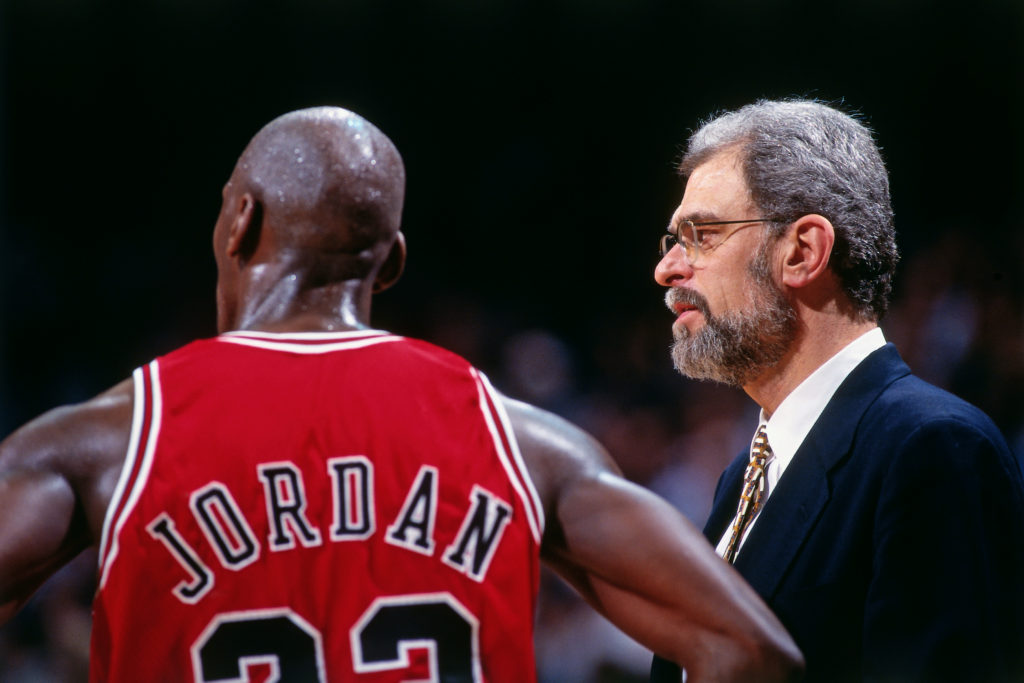
Going into the 1997-1998 season – which many believed to be the then team’s final hurrah – NBA Entertainment, headed by Adam Silver, pitched the Bulls that a behind-the-scenes camera crew document the entire season. They would have unprecedented access to everything and everyone. The catch was that Jordan would have the final say on how the material was ultimately utilised. The resulting footage, all 500 hours of it, would sit unused for over 20 years.
As more and more filmmakers began experimenting with the long-form documentary, with platforms like Netflix, ESPN, HBO, and Amazon Prime Video putting out fantastic non-fiction sports content, it looked like there finally was the perfect format for a project of this scale. Which brings us to director Jason Hehir and the 10-part, 10-hour documentary series you have before you.
As for Jordan, he only had one condition, that The Last Dance be about the entire Bulls team and not just about him. And that is precisely what we get here. Having only seen the first two episodes of the series (subsequent episodes will drop, two at a time, every Monday), I can already tell that this is in no way a hagiography about the legend of Michael Jordan. This is a no holds barred look at the egos, and the politics, and the human drama that made up the Chicago Bulls. It is a study on that intersection of sport and money. On the impact that personalities have on winning and losing, and vice versa.
By taking its time to tell this story, what we get aren’t caricatures, but nuanced depictions. Not characters, but human beings. Real people with wants and needs, who are often at odds with trying to do what’s best for themselves and what’s best for the organisation.
This lapse of two decades also serves the story. This clever composition of what was taped over that 1997-1998 season, NBA archival footage, and talking heads from today means that we don’t just get an unfiltered look at all the players involved, but also some truly meaningful reflections as they look back at the men they once were. We see their regrets. We see them struggle with the demons on their past.
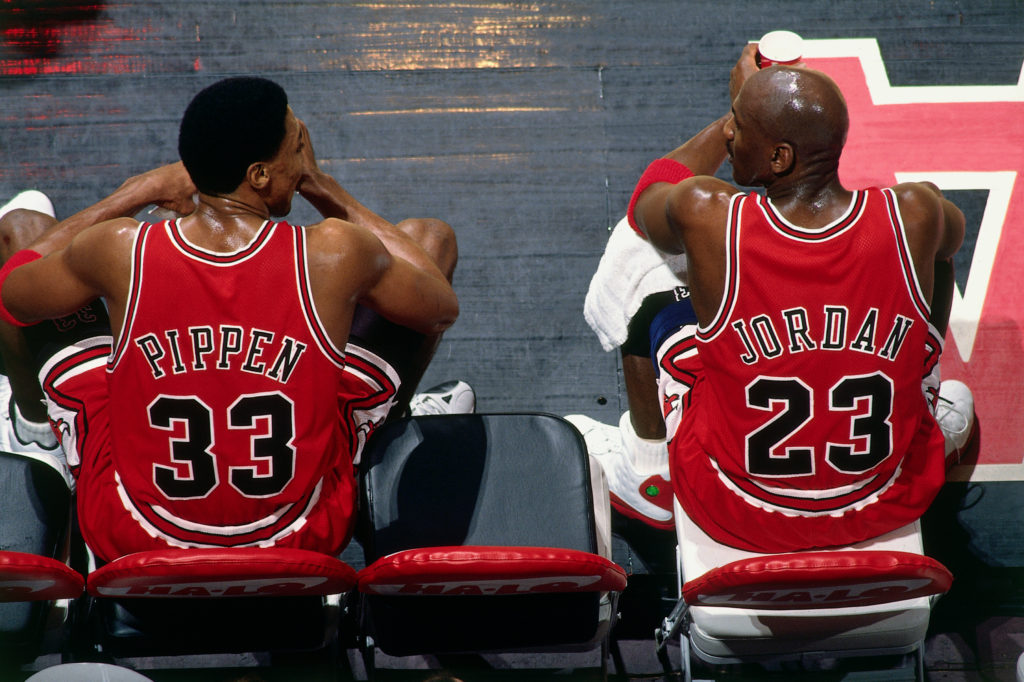
What we also see is a different side of Michael Jordan. The public’s image of him is still somewhat pristine. He is the smiling superstar, pitching Gatorade while asking you to “Be Like Mike”. Here he is single-minded and unforgiving; of himself and of his teammates. He is occasionally petty. He is driven by an obsessive need to win. He is a complex human being and this unvarnished take might just be the most honest look at the man yet. God knows it is a welcome one.
Based on these first two episodes alone, it looks like The Last Dance might be as comprehensive a history as we’re ever going to get about one of the greatest teams in basketball history.
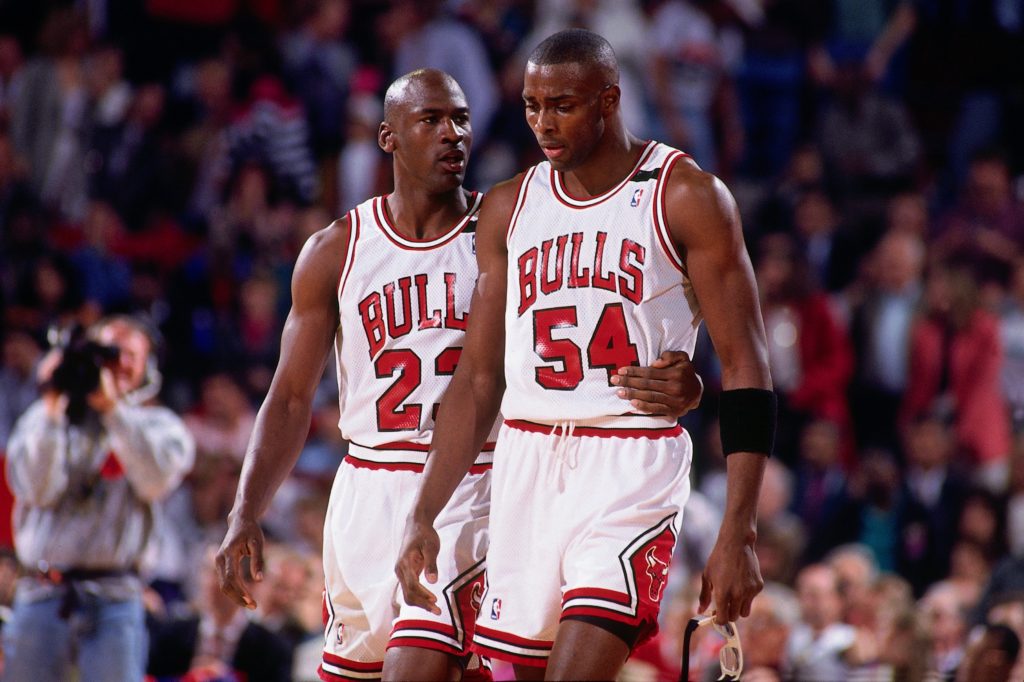
Watching The Last Dance reminded me, in a way, of Jiro Dreams of Sushi – the documentary that introduced the world to Jiro Ono, his obsessive work ethic, and his compulsive quest for perfection. The Last Dance too is the story about a group of people who are striving to be the very best at what they do. Even when their individual interests aren’t always aligned.
Both documentaries have fascinating parallels when it comes to work, motivation, and the measure of greatness. Both centre on individuals who are one of a kind. Alpha personalities who were never satisfied with the success afforded to them by their inherent talent, but constantly working towards a seemingly unattainable ideal. What makes The Last Dance uniquely American, however, is the capitalist system in which it resides; and thrives. Where Jiro is all but untouched by the world around him, Michael Jordan and the Chicago Bulls are a product of their environment – of the sport, the players, the fans, and the franchise.
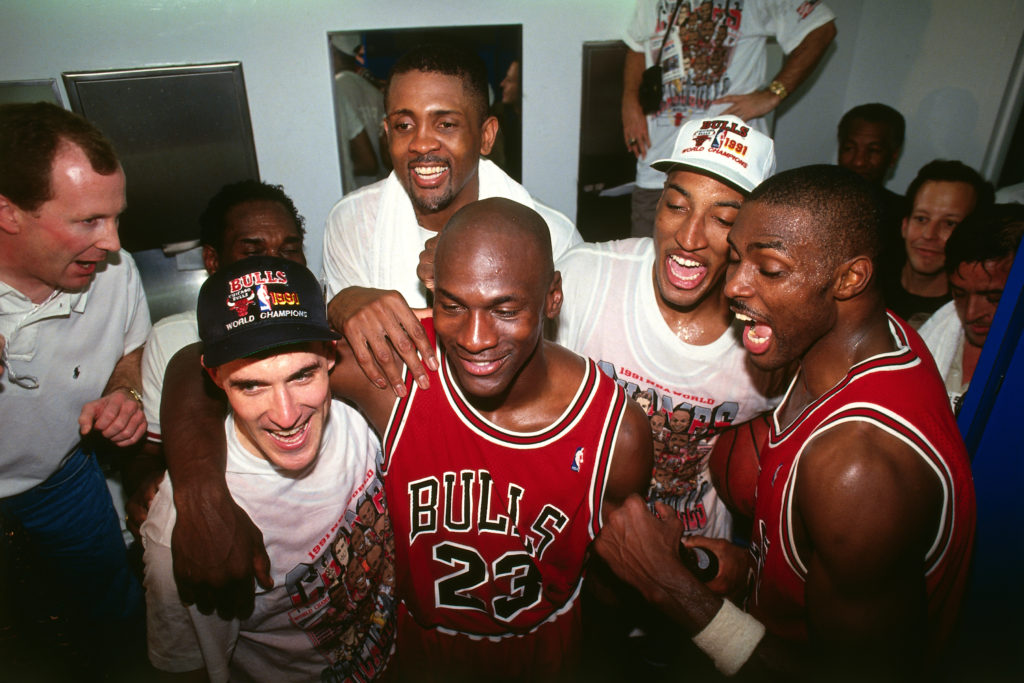
Growing up as a basketball-obsessed (read: Michael Jordan-obsessed) kid in Malaysia, in the 1990s, where my only access to the sport was via the games I occasionally got to watch on television, this documentary was a revelation. I had no idea about any of the behind-the-scenes drama that was going on. I didn’t know of the rising conflict between the players and the organisation. I wasn’t aware of Scottie Pippen’s self-sabotage as a way of renegotiating his below-market contract. I didn’t know who Jerry Krause was. All I had was a poster of Michael on my wall, some fake Air Jordans, a number 23 jersey, and NBA Jam on my Mega Drive.
Watching this gave me insight. Two decades after the Chicago Bulls were at their prime, The Last Dance managed to instil in me a deeper appreciation of everything that went into getting them there.
The Last Dance is compelling viewing irrespective of whether or not you care about basketball.
The Last Dance
Netflix, Limited Series, 10 Episodes
Director: Jason Hehir

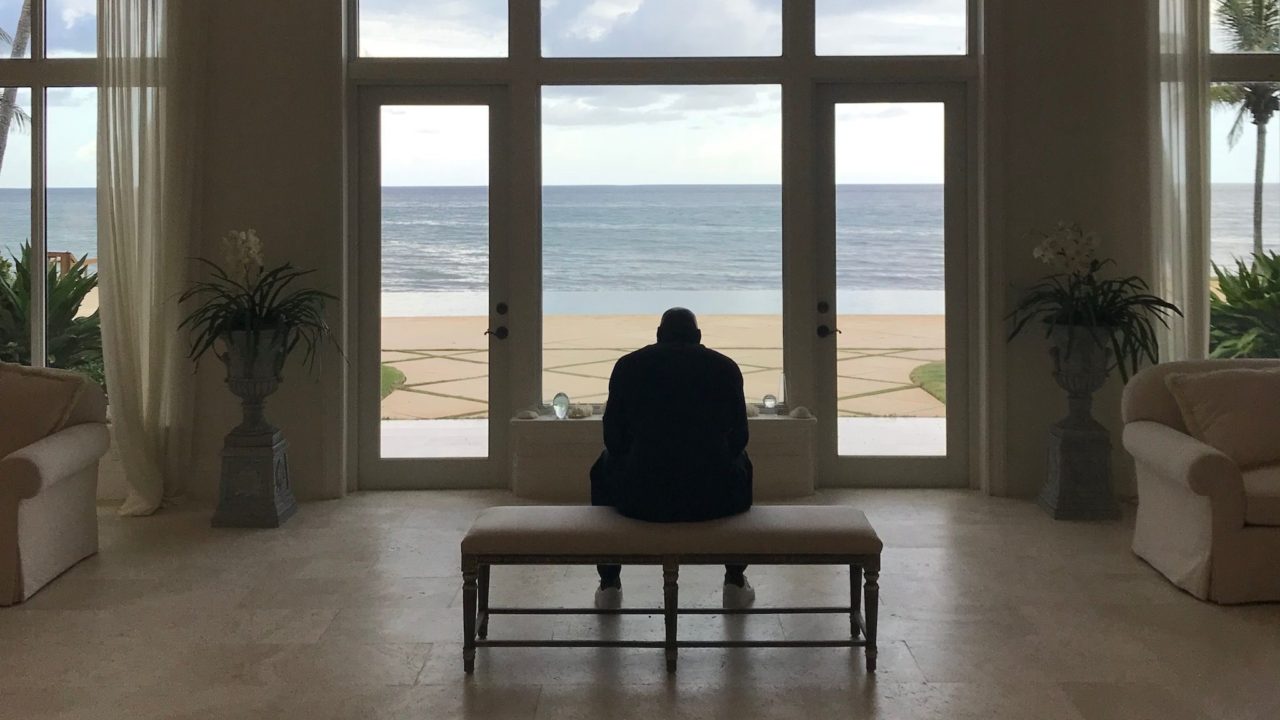
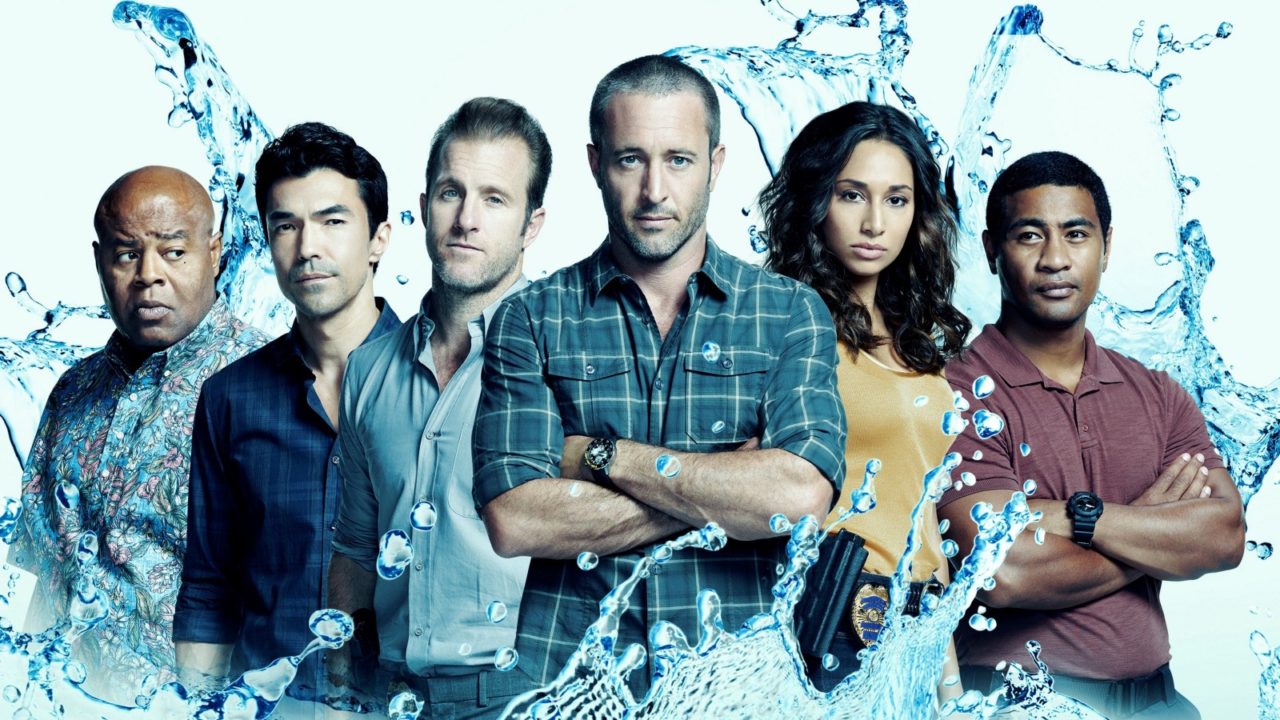
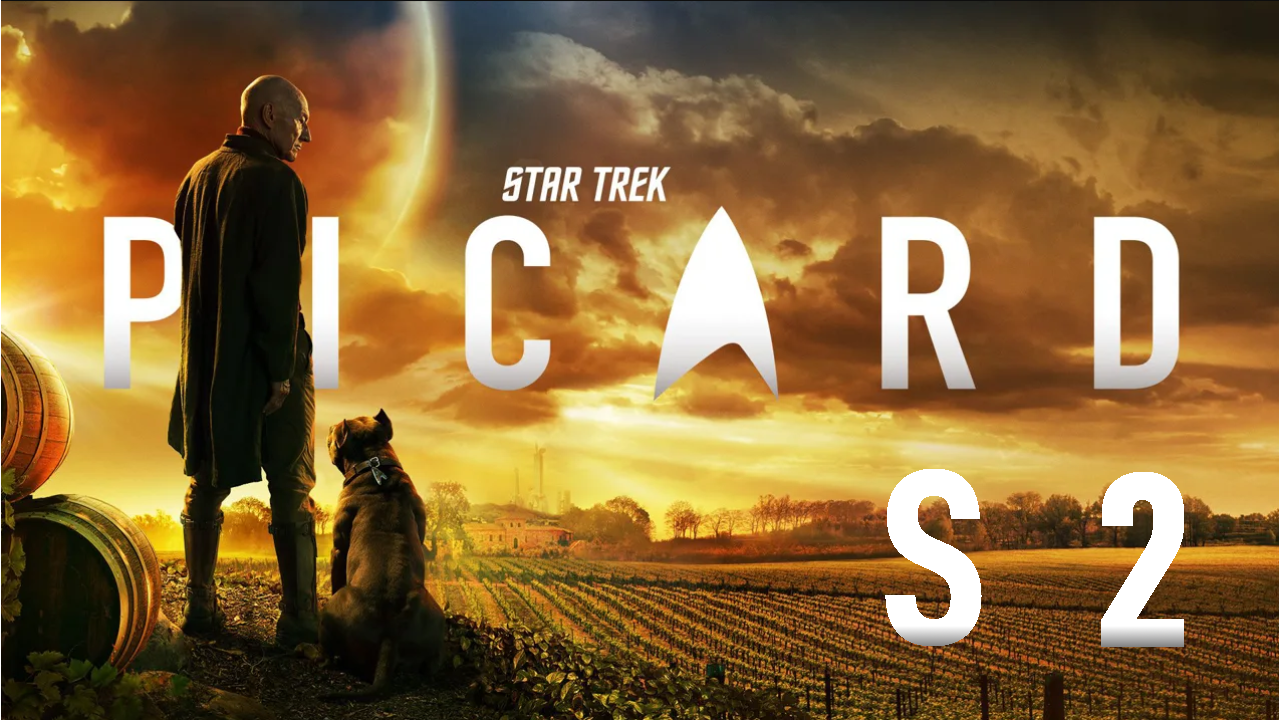
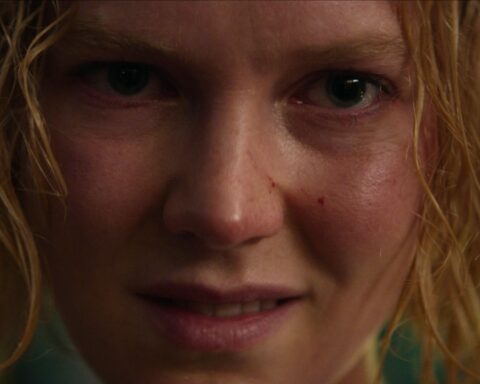

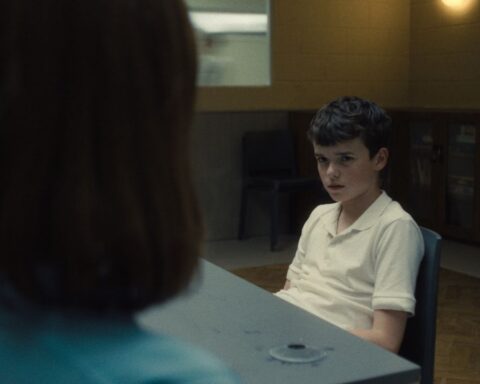
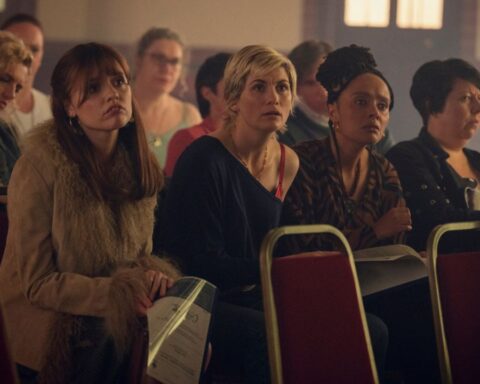

Follow Us